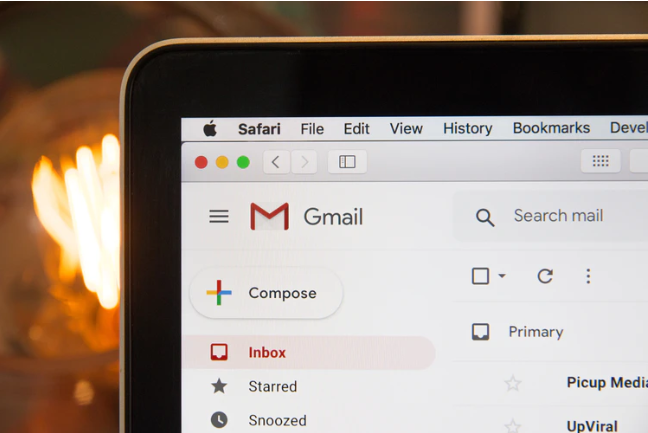Google has recently revealed that out of the 100 million phishing emails sent to various Gmail accounts every day, 18 million of them were posed as Coronavirus emails. This means that not all emails referring to COVID-19 must be open right away by users. If you can, delete it instantly.
Google: Out of 100 million phishing emails; 18 million have COVID-19 info inside it

Coronavirus Infects Computers Too: Google Discovers COVID-19 Malicious Emails Sent Worldwide
On Thursday, Apr. 16, Google recorded a huge number of malicious emails sent to people worldwide. These emails were posed as Coronavirus messages-- most refer to the United States stimulus package and others explain work-from-home setup from fake employers. Once you received these kinds of emails, make sure to delete it right away and do not send any forms of money from the provided accounts.
As explained in the blog post, out of the 100 million phishing emails discovered by Google from the past weeks, 18 million from these refer to COVID-19.
"Security is at the top of the priority list, and phishing is still one of the most effective methods that attackers use to compromise accounts and gain access to company data and resources. In fact, bad actors are creating new attacks and scams every day that attempt to take advantage of the fear and uncertainty surrounding the pandemic," written by Google.

Coronavirus Infects Computers Too: Google Discovers COVID-19 Malicious Emails Sent Worldwide
Some of the COVID-19 phishing emails that were circulated worldwide pose as government emails such as the World Health Organization (WHO). One example shows that the fake agency was making a donation box for others affected by the virus. These emails tend to make users donate money from their bank accounts.
Other scams involve the stimulus package directly sent to small business owners. Hackers ask personal info from owners, such as bank accounts. Once you've sent your info, the hackers will now deduct and steal money from your account.
Don't download any files from any COVID-19 emails

Coronavirus Infects Computers Too: Google Discovers COVID-19 Malicious Emails Sent Worldwide
Aside from phishing purposes, Google has also discovered that some of the COVID-19 emails sent were made to hack the device you're using. Just like the above picture, the hacker wants the user to download a certain attached file from the email. Most people tend to fall to this trap since the amount of panic surrounding the virus increased compared to before.
If you happen to receive these kinds of emails, Google said that it is safer for users to delete these emails right away, or don't ever download any COVID-19 files being sent by unknown senders.
Google blocks phishing emails 99.9% all the time
For your safety, Google has explained that their company has now implemented stricter monitoring of all emails sent worldwide.
"Our [machine learning] models have evolved to understand and filter these threats, and we continue to block more than 99.9% of spam, phishing, and malware from reaching our users," Google said.
Still, it is up to you.









